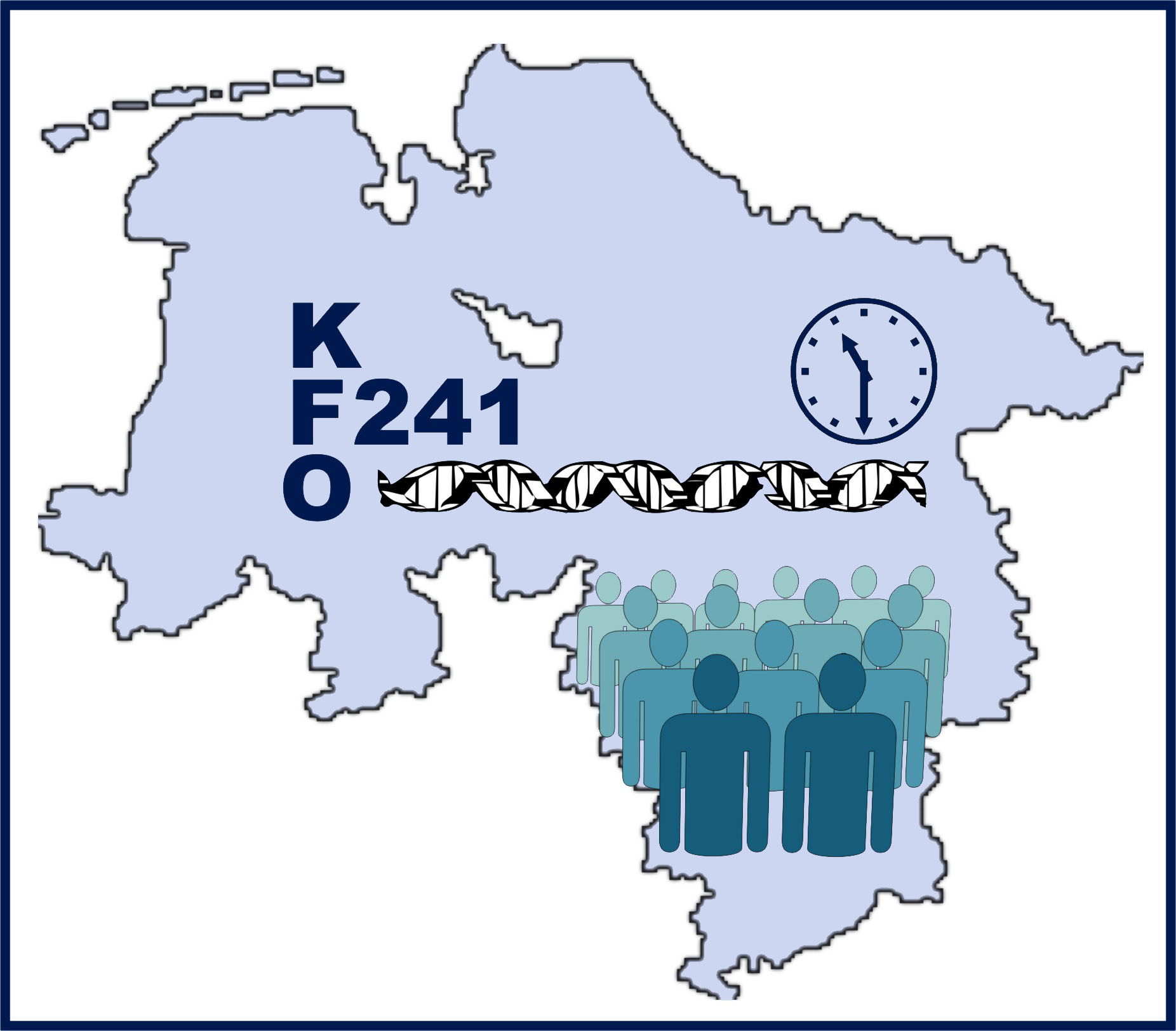Genomics and epigenomics |
Future analyses will include single nucleotide polymorphisms (SNP)-based genome-wide association studies (GWAS), GWAS-meta-analyses, genome-wide study of copy number variants (CNVs), and next-generation sequencing. To achieve powerful sample sizes for SNP-based GWAS, nearly all major psychiatric genetic research groups have joined forces and created the Psychiatric GWAS Consortium. Within that consortium, so-called "mega"- and meta-analyses will be performed. The study of CNVs has proven pivotal in identifying structural chromosomal variation as rare sources of genetic susceptibility to psychiatric disorders such as schizophrenia, bipolar disorder, or autism. Next generation-generation sequencing is considered the primary technology for the detection of rare SNPs; it may target regions of interest, or may examine the whole genome. While the technological possibilities may advance at a breathtaking speed, the success of any future genomic approaches will nevertheless hinge in sophisticated recruitment and phenotype characterization programs. Intriguing findings on the genetics of response and adverse events in large-scale psychopharmacological studies may be a case in point. Yielding relatively large effect sizes, they illustrate the need for pharmacogenetic studies. Recently, the field of epigenomics has been drawing increased attention, given the ample evidence for an involvement of epigenetic mechanisms and of their interplay with environmental factors in the etiology of somatic disorders such as cancer. As regards mental illness, postmortem studies suggest epigenetic factors to play a role in the etiology of schizophrenia and bipolar disorder. Stress-induced imbalances of histone acetylation may be involved in the transition from acute adaptive response to chronic psychiatric illness.

